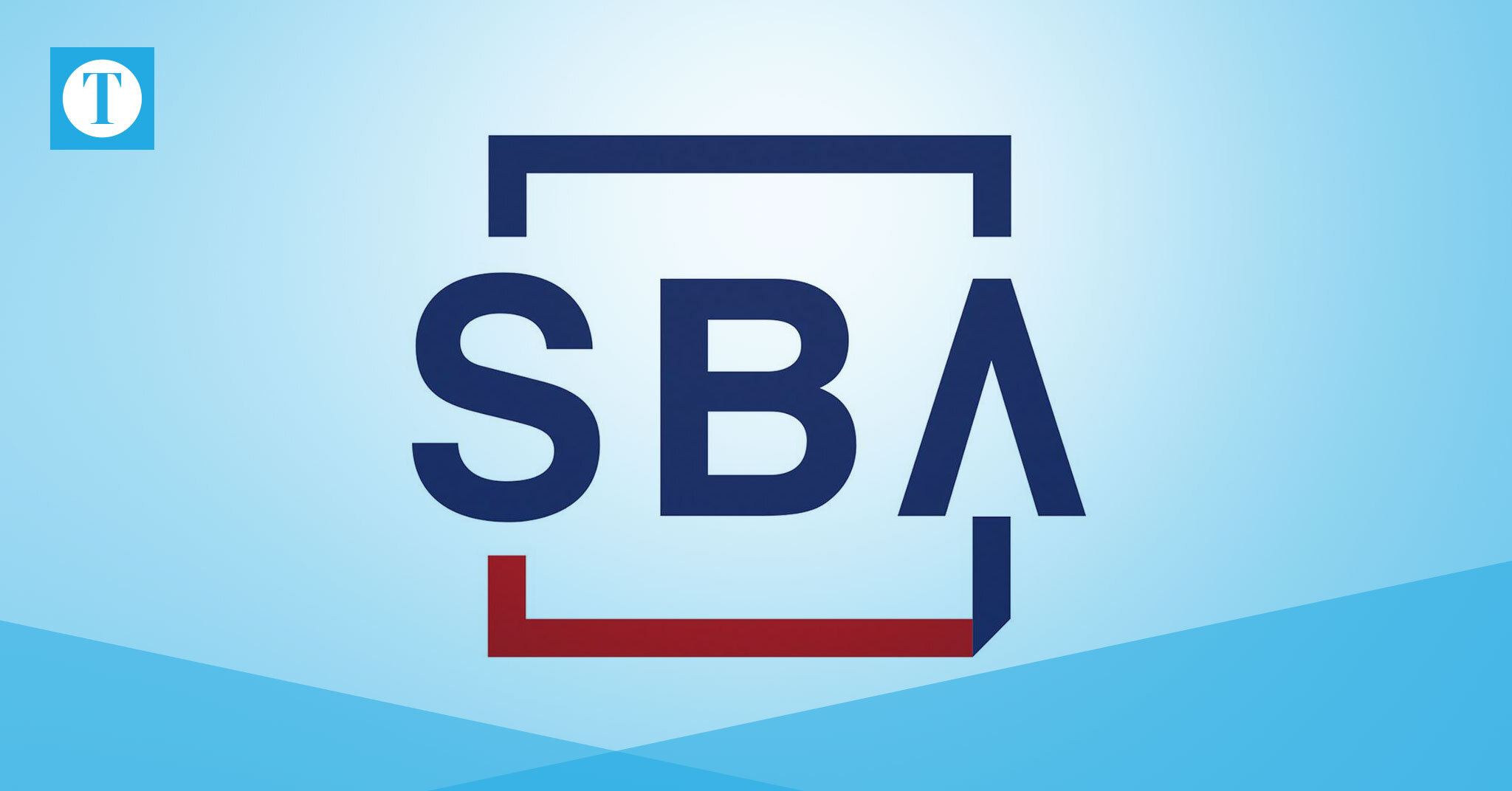The small-business federal relief program ran out of money early today, prompting lawmakers to work out a deal for another round of economic aid.
The Paycheck Protection Program (PPP) originally authorized up to $349 billion in forgivable loans to small businesses to pay their workers during the COVID-19 crisis, and it is part of the $2.2 trillion federal stimulus package.
The Small Business Administration, which is backing the loan, can no longer issue new approvals since the funds have been exhausted.
The SBA has processed more than 14 years’ worth of loans in less than 14 days, according to a joint statement from U.S. Treasury Secretary Steven T. Mnuchin and U.S. SBA Administrator Jovita Carranza.
“We urge Congress to appropriate additional funds for the Paycheck Protection Program — a critical and overwhelmingly bipartisan program — at which point we will once again be able to process loan applications, issue loan numbers, and protect millions more paychecks,” the joint statement reads. “The high demand we have seen underscores the need for hardworking Americans to have access to relief as soon as possible. We want every eligible small business to participate and get the resources they need.”
Last week, Senate Majority Leader Mitch McConnell sought unanimous consent for an additional $250 billion for the program. The effort was blocked by Democrats, who are seeking more emergency aid for hospitals and states — though Republicans in turn blocked that effort.
The PPP plan has been a rocky process from the very beginning as banks scrambled to prepare for an unprecedented surge in loan applications from small businesses desperate to stay afloat.
“We were so overwhelmed in the beginning, and we still are,” Old National Bank Western Kentucky Region President Wade Jenkins said earlier this week. “You quite literally couldn’t do anything but what was right in front of you.”
Jenkins said he expects lawmakers to make some sort of agreement for another round of aid, especially with loans being given on a first-come, first-serve basis.
“If not, you’re picking winners and losers,” he said. “Who’s the first one to get in line? Whoever’s left out, you’re just out of luck. I think there will be another allocation once this runs out.”
Another major issue for business owners is simply working with a bank that is participating in the PPP program, as financial institutions are focusing on existing customers’ needs first.
“From our perspective, and I think from most bank’s perspective, you have to take care of your customers first,” Jenkins said. “After we take care of all our folks and we’ve got some breathing room, I think we’d be open to talking with folks either whose bank didn’t do it or they just didn’t have a good avenue to take advantage of the PPP loan.”
As for the actual loan, SBA will forgive loans if all employees are kept on the payroll for eight weeks and the money is used for payroll, rent, mortgage interest, or utilities.
At least 75% of the forgiven amount must have been used for payroll. Forgiveness will be reduced if full-time headcount declines, or if salaries and wages decrease.
“It’s probably not going to cover 100 percent of that eight-week period, it’s just going to help toward it,” said Brenda Clayton, a local certified public accountant. “The real push on these loans was to get the money in the hands of the employees so that they wouldn’t go on unemployment. If you substantiate it, then the loan is forgiven. From that standpoint, I’d say you need to pay your employees because that’s really the purpose.”
Clayton said she expects everyone to feel the negative economic effects of the coronavirus, and there’s still a lot of uncertainty about what will come next.
“I don’t know if there’s going to be any business that at some point through this will not be harmed in some form or fashion, or challenged or something,” she said. “Even in the end, how are we going to look on the other side of this? Nobody really knows. You hope everything is going to go back to status quo, but it’s going to be tough.”
Jenkins said even when the economy does start to open back up, businesses will likely still hurt for another month — making a significant amount of additional aid all the more necessary.
“I think there’s going to be an overhang,” he said. “I think once we are released to go back and work and do our normal thing, people are going to continue to be nervous about maybe a recurrence of COVID-19. People are going to be a little tighter with their money for a little while. Even if it stopped today, we’re 30 to 45 days out from starting to get a regular cash cycle back into the normal business cycle.”
—–
Click here for all of our coronavirus coverage.
The Owensboro Health coronavirus hotline is available 24/7 by calling 877-888-6647. Call the hotline before seeking in-person care. More information from OH can be found here.
For the latest information and data on COVID-19 in Kentucky visit kycovid19.ky.gov or dial the Kentucky state hotline at 800-722-5725.
For the latest health guidelines and resources from the CDC, visit their website here.



